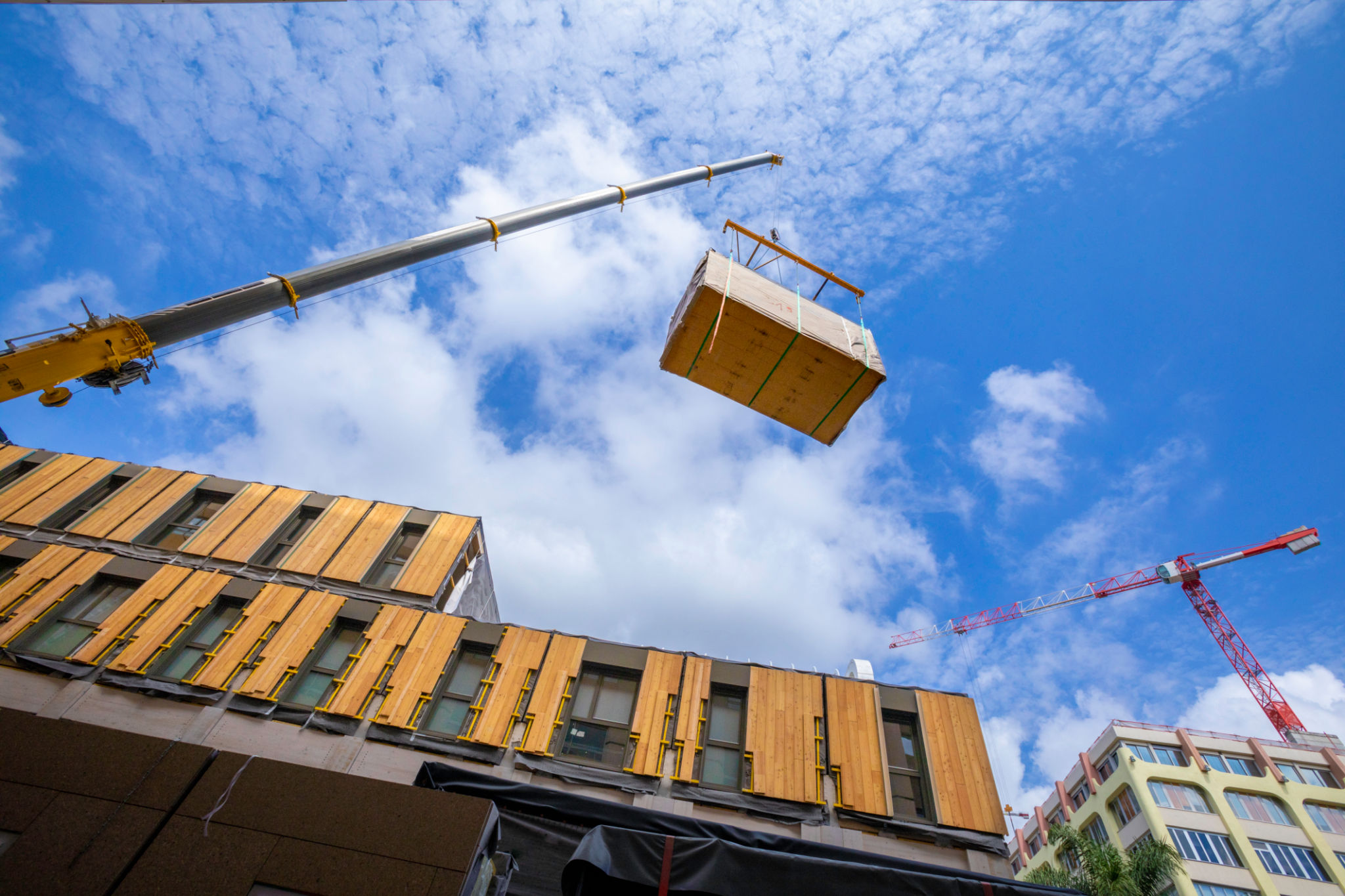Understanding the Latest Trends in the London Construction Industry
The Rise of Sustainable Construction
The London construction industry is rapidly evolving, with sustainability at the forefront. As environmental concerns become more pressing, there's a significant shift towards green building practices. This involves using eco-friendly materials, reducing waste, and enhancing energy efficiency in buildings. Many construction companies are now embracing sustainable practices not only to comply with regulations but also to meet the growing demand from environmentally conscious clients.
Innovative technologies such as solar panels, rainwater harvesting systems, and green roofs are becoming increasingly popular in new projects. These technologies not only reduce the environmental impact but also offer long-term cost savings for building owners.

Integration of Smart Technologies
Another trend shaping the London construction landscape is the integration of smart technologies. With advancements in the Internet of Things (IoT), more buildings are being designed with smart systems that enhance functionality and efficiency. These systems provide real-time data on various aspects such as energy consumption, security, and maintenance needs.
Building Information Modeling (BIM) is also gaining traction as a crucial tool in construction planning and execution. BIM allows for better collaboration among stakeholders, improved accuracy in design, and more efficient project management. As technology continues to evolve, its role in construction is expected to grow even further.

Focus on Modular and Prefabricated Construction
Modular and prefabricated construction methods are becoming increasingly popular due to their efficiency and cost-effectiveness. These methods involve constructing building components off-site and then assembling them on-site. This approach not only speeds up the construction process but also minimizes disruptions in urban areas.
London's tight housing market is driving demand for faster and more affordable housing solutions, making modular construction an attractive option. Furthermore, prefabrication offers consistent quality control and reduces waste, aligning with sustainability goals.
Urban Regeneration Projects
Urban regeneration is a significant focus in London as the city seeks to rejuvenate older areas and improve infrastructure. These projects aim to enhance the quality of life for residents by creating vibrant, connected communities with better amenities.
Investments in urban regeneration not only boost property values but also stimulate economic growth by attracting businesses and creating jobs. These projects often include mixed-use developments that combine residential, commercial, and recreational spaces.

Emphasis on Health and Wellbeing
The construction industry is increasingly prioritizing health and wellbeing in building design. This trend involves creating spaces that promote physical and mental health through natural lighting, improved air quality, and access to green spaces.
Post-pandemic, there is a heightened awareness of the importance of healthy living environments. As a result, developers are focusing on creating buildings that offer wellness amenities such as gyms, meditation rooms, and landscaped gardens.
Conclusion
The London construction industry is undergoing significant transformation driven by sustainability, technology, and changing societal needs. By staying abreast of these trends, stakeholders can effectively adapt and thrive in this dynamic environment. As the industry continues to evolve, it will play a crucial role in shaping the future of London as a modern, sustainable city.